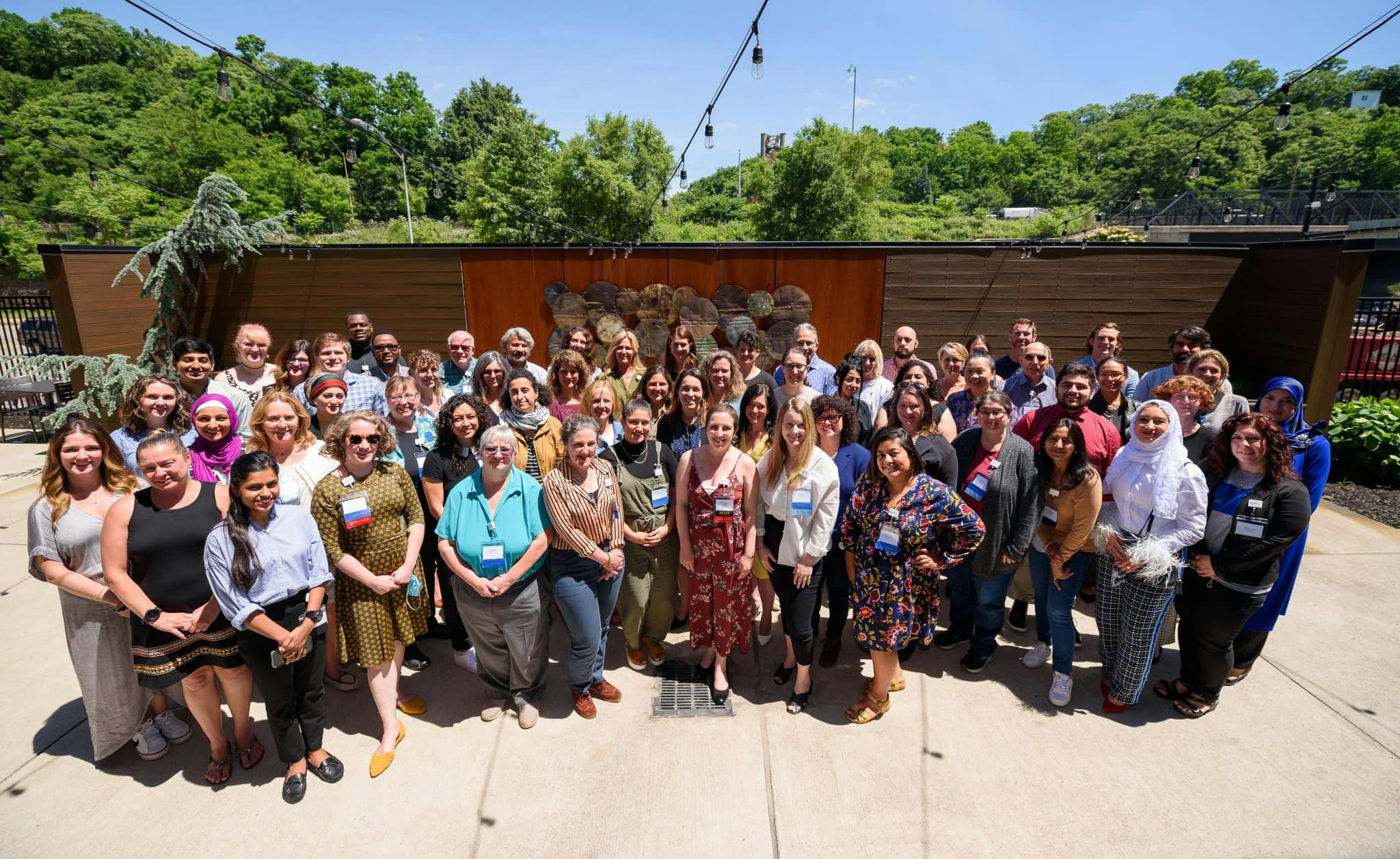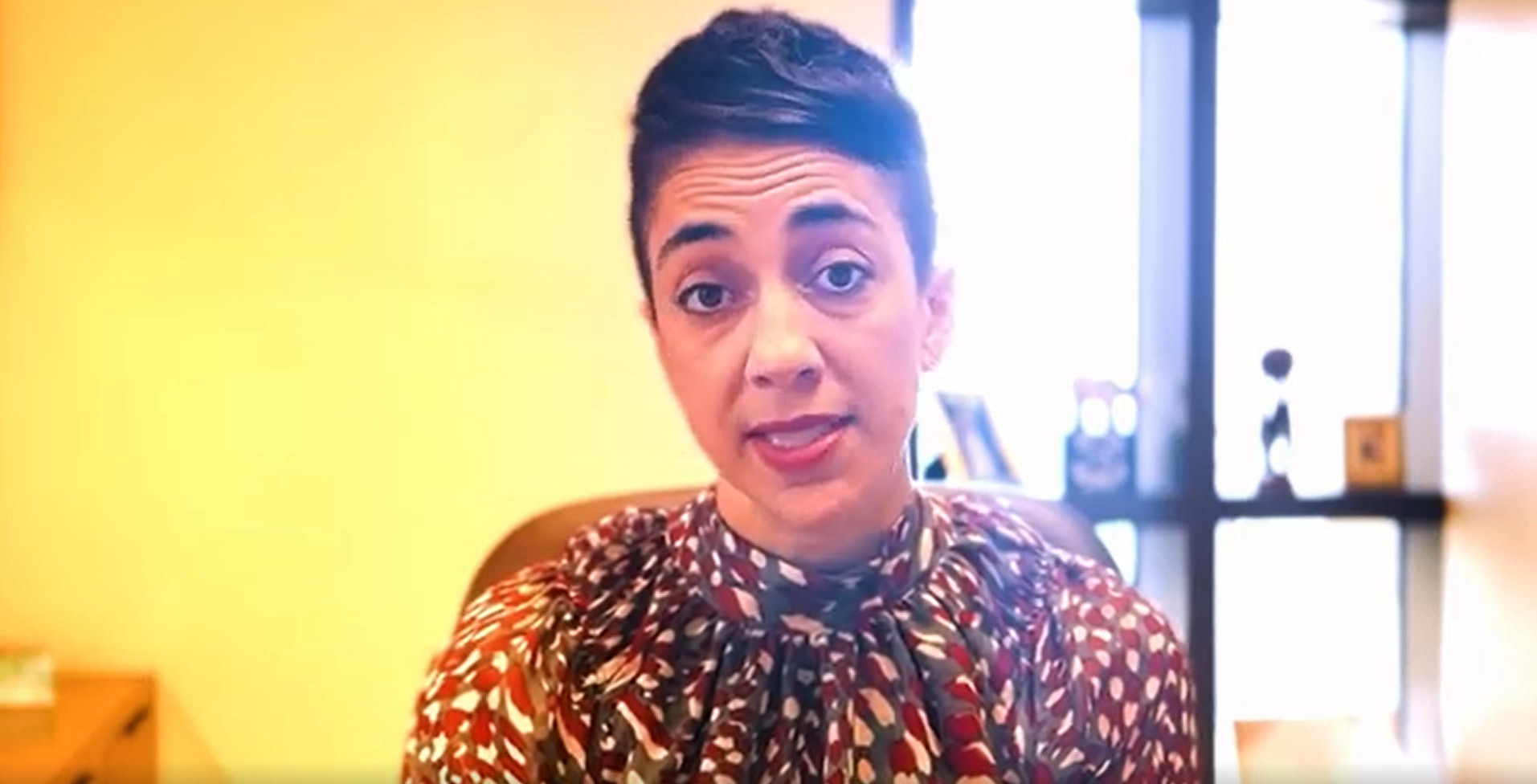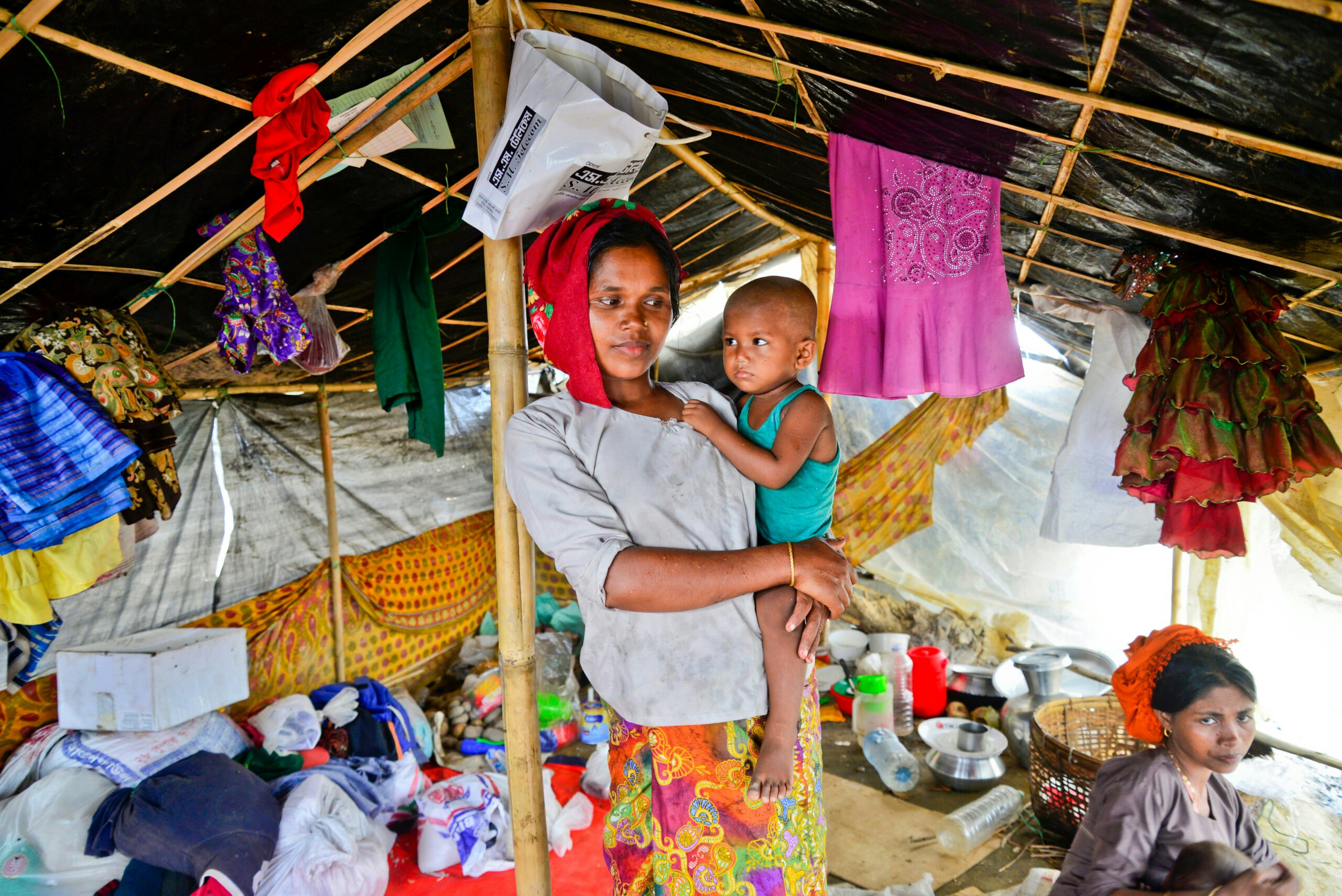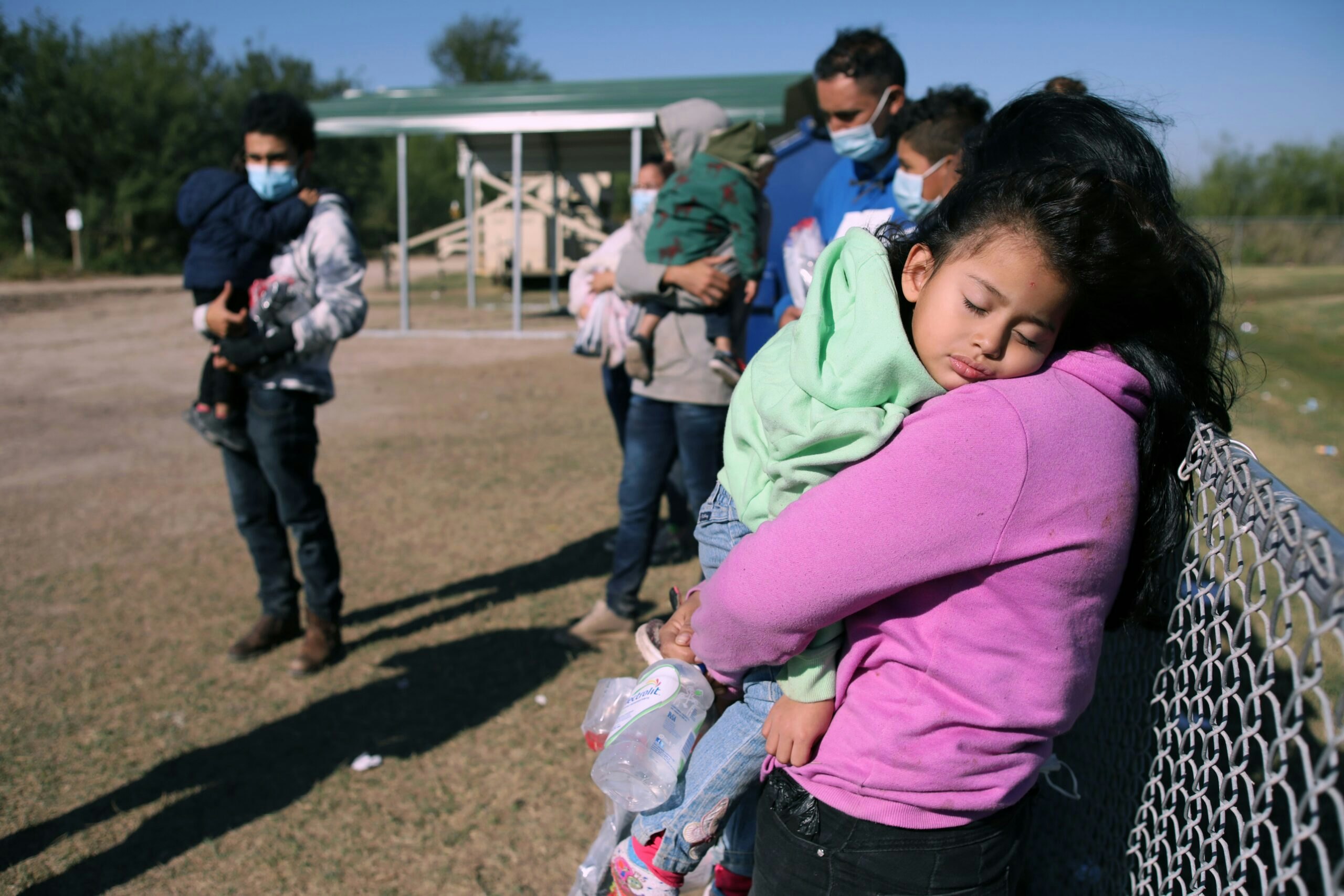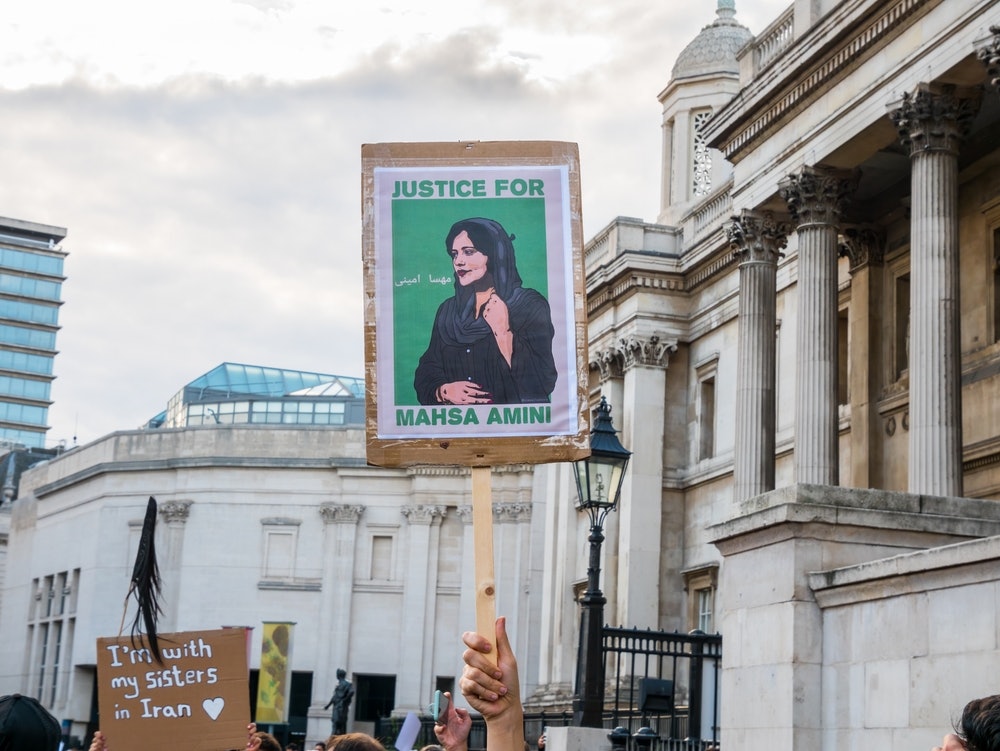I have hidden a world in my small heart,A world full of love and feelings,With hidden desires and wishes,Wishes that make me writeA world so far...
I have hidden a world in my small heart,
A world full of love and feelings,
With hidden desires and wishes,
Wishes that make me write
A world so far from my world.
– from “Small Heart” by AWWP writer Hila G.
The Afghan Women’s Writing Project (AWWP) believes that freedom of expression – including the right to tell one’s own story – is a vital human right. In Afghanistan, where women’s voices are often unvalued or silenced completely, AWWP works to provide skills and an outlet for Afghan women to share their powerful, often heart-breaking stories.
In Honor of Zarmeena, who Died without a Voice
Journalist Masha Hamilton founded the Afghan Women’s Writing Project in 2009, dedicating the work of the project to Zarmeena, an Afghan woman whose story captured her heart and attention nearly a decade earlier. Taliban militants publicly executed Zarmeena, a mother of seven, in Kabul’s Ghazi Stadium in 1999. When a smuggled video of the event hit the AP wire, Hamilton watched in horror at the brutal treatment of a woman who likely had not been given any opportunity to voice her own defense. Hamilton began to study Zarmeena’s case, and quickly realized that Afghan women were not only hidden under burqas, but their stories were silenced as well.
The more Hamilton studied Afghanistan, the more she realized that Afghan women’s voices were available only through filtered media or the men in closest relation to them – husbands, brothers or fathers. Hamilton writes, “After many years as a journalist, I had come to believe that telling our own stories is as important to a certain kind of survival as food and shelter.” Hamilton believes that in the process of telling their stories, women gather strength, courage and self-confidence. Freedom of expression forms a foundation for women to make change within their homes, their communities, and ultimately, their country. “Our mission is to support the voices of women with the belief that to tell one’s story is a human right. Though it sounds simple,” Hamilton says, “I cannot say how important it is in a country where women have been told their stories do not matter, have been urged to be silent, and warned against honesty.”
Writing Away the Pain
 In 2009, AWWP began its work in Kabul, Afghanistan with 10 women and one instructor. AWWP writers meet monthly to explore areas of concern for women, learn new writing skills and workshop their writings. Writers work closely with mentors to think critically about their writing and deepen their poems and essays. Today, the workshop series includes 50 international educators who utilize the power of the Internet to mentor over 200 female writers across Afghanistan. Finished works are published in an online magazine or transformed into theater scripts for theatrical performances or readings.
In 2009, AWWP began its work in Kabul, Afghanistan with 10 women and one instructor. AWWP writers meet monthly to explore areas of concern for women, learn new writing skills and workshop their writings. Writers work closely with mentors to think critically about their writing and deepen their poems and essays. Today, the workshop series includes 50 international educators who utilize the power of the Internet to mentor over 200 female writers across Afghanistan. Finished works are published in an online magazine or transformed into theater scripts for theatrical performances or readings.
As the young women writers reflect on their experiences with AWWP, they speak of personal transformation. As they find their voices, they speak of freedom from internal pain. One young woman says, “When I write, I feel like all my pain will be released. I feel like I have a friend to share all of my thoughts with. After I write and read it aloud, it is like I never had a pain. It feels really good and it makes me happy when I write.” Another agrees, “When you write, it’s like you get pain out of yourself. I think that if I had to keep all that pain inside of me, it would hurt me.”
“Nameless Identity” by Norwan
Author explanation: “In Afghanistan, when a couple gets married, the wedding invitation will proudly state the name of the boy only, not the girl. When a man is asked his address, he will state it, but a woman is expected not to give her address, but the name of the man of the family.”
I have identity
I cannot write my name on my wedding invitation:
The paper is ashamed to see me
Anonymous in public
I am a woman
I have a name
My feelings call me Angel
I have a house
Nobody knows the address
I have my poetry books
I understand the language of tears
My eyes, ears, feelings are alive
I have the address of freedom
But I don’t have the certificate
I can’t ask for my rights
I don’t have that entrance pass
My identity is nameless
I am an Afghan woman
As they hone their writing skills, the young women of AWWP not only find solace in telling their own stories, but they also are strengthened to speak on behalf of other Afghan women who have never had the opportunity to speak for themselves. They brainstorm ways to include the stories of women in their communities who are unable to write or share their own stories. One young woman writes about Miriam, a 14 year-old child bride in her community who committed suicide after suffering constant and brutal abuse from her husband’s family.
“Placeless Girl” by Marzila
She was sweet – a girl –
and precious as diamonds or a single pearl,
and she was the gift of heaven
the family (sadly) was given.
As the third female to which her mother gave birth,
There was no place for her on this earth,
and she was not very old,
when they decided she’d be sold
for a piece of land,
(they were told) worth money or gold.
In her husband’s house, she was a fearful mouse;
no place to breathe;
just like a slave, she was a threat.
Despite it all, she never stopped
keeping others at the top –
She found her place, one day,
In the fire
after her troubles — growing tired.
AWWP writers also speak of how the project has increased their self-confidence. They write what they see are the solutions to the ills of their communities and society. They capture and voice the dreams they have for the future of their country and the role they will have in it.
“Sparrow and Sword” by N.
You, Love, are wounded in your cage.
I bathe you with my tears.
I, Woman, am armed.
My weapon – forgiveness.
I forget my enemy,
Revenge!
“First Daughter” by Shahida (age 13)
I am Shahida
Sister to four smart kind brothers and beautiful little sister
First daughter of parents proud all their children will be educated
I hear how well my teacher speaks English
and I see how fast my friend Maryan types
and I wonder if I will succeed in my own life
I am Shahida
I dream that I am a professor teaching mathematics
I want to be a cancer doctor
I worry about being a good student
I am Shahida
I feel, if my grandmother and grandfather are fine, I will be happy
I cried when my father was sick
I try to understand and help my friends when they are sad
I am Shahida
I dream that I can touch the sky
and fly like Harry Potter
I hope to be a leader in the future
I am Shahida
The Bush Institute Women’s Initiative celebrates the work of the AWWP as it nurtures and amplifies the voices of Afghan women through the writing and performance of their poetry and prose. Through AWWP writers and their work, it is impossible to escape a longing for a better future for themselves and the women of their country. The road is long, but it is too important to ignore or forsake.
“Hurry” by Nasima
Plant a tree of friendship, that to fruit the heart’s desire brings;
Unpluck the bush of enmity, which countless trouble brings.
– Haifa
We have such a short time to do this good work,
to forgive each other’s small mistakes,
to pay attention to positive points.
We must practice being good people, and
destroy the lens of pessimism in our eyes,
and see the facts of life.
Why are we born to this world,
what are our plans for this life?
Are they the destruction or betterment of our world?
I try to smile. I don’t have money, power,
or authority, but I have God who gave me
A mouth with lips for smiling. I have language for speaking.
I can use them for good,
to carry messages of peace and love and forgiveness.
I can smile to grow the root of the friendship tree.
We have such short time to do good work.
Let’s hurry.
Tolearn more about the work of the Afghan Women’s Writing Project, to read more AWWP writings, or to provide support for their work, please visit their website:
Follow them on Facebook:
https://www.facebook.com/awwproject
and Twitter: https://twitter.com/AWWProject







